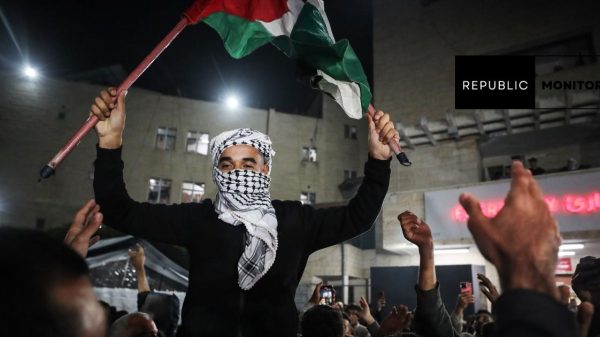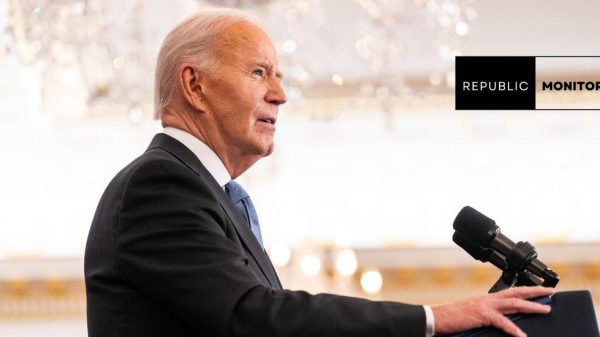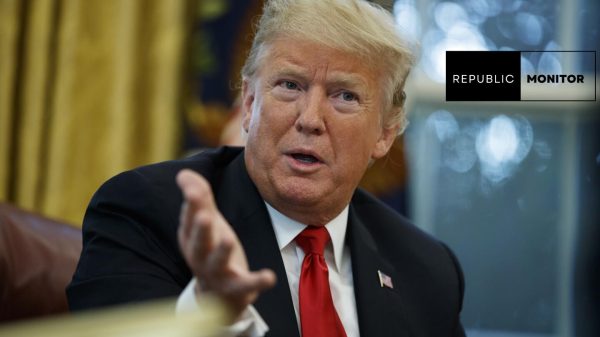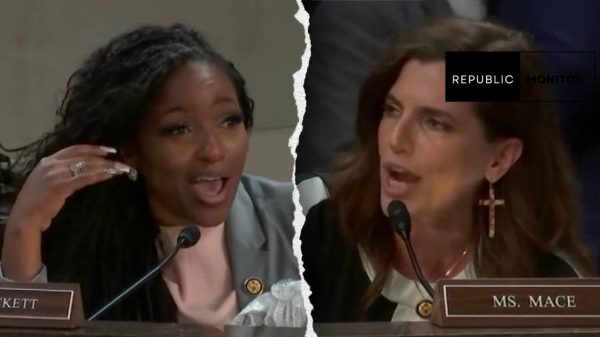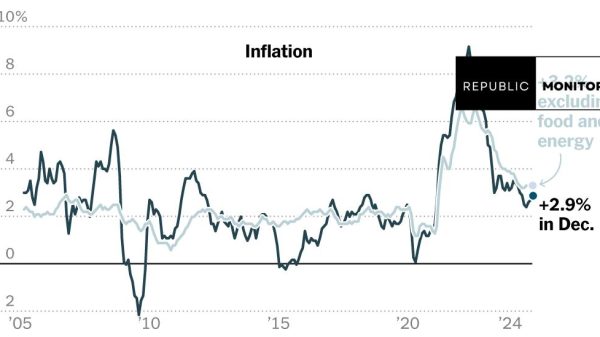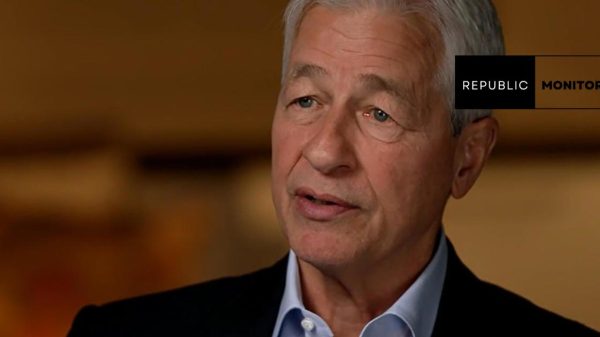In a surprising twist, Israeli Prime Minister Benjamin Netanyahu has postponed a key cabinet vote that could cement a ceasefire agreement with Hamas. This decision comes amid rising tensions and concerns over the already fragile situation in Gaza, where recent airstrikes have resulted in significant casualties. As international observers look on, many are left wondering about the implications of this delay for both the hostages and the residents of Gaza.
What’s Happening with the Ceasefire?
Initially, a ceasefire was anticipated to come into effect, aiming to bring some relief to the regions affected by the ongoing conflict. However, Netanyahu has accused Hamas of creating a ‘last-minute crisis’ by not fully committing to the agreed terms. Insisting that the cabinet would not convene until Hamas honors all elements of the deal, he has cast doubt on the future of peace talks.
Recent Casualties Raise Alarm
In the last 24 hours, Israeli airstrikes have reportedly killed at least 81 Palestinians and injured many more, according to Gaza’s health ministry. Amid escalating violence, the Israeli Defense Forces (IDF) have targeted about 50 sites believed to be associated with Hamas. This spate of airstrikes has many fearing that the situation will spiral further out of control.
- At least 188 injuries were reported from the recent bombardments.
- Two innocent Palestinians lost their lives at a school sheltering displaced people.
- The ongoing strikes have provoked renewed calls for a permanent peace resolution.
Netanyahu’s Political Balancing Act
Netanyahu’s decision comes as he faces fierce political pressure from his right-wing coalition partners, some of whom oppose any truce with Hamas. This internal conflict within his government complicates the situation further, as Netanyahu seeks to navigate the demands for security while also addressing humanitarian concerns in Gaza.
The Role of International Powers
President Biden’s administration, alongside Qatar’s leadership, has been instrumental in attempting to broker peace between the two sides. Despite the hurdles, officials from the White House have expressed confidence that the ceasefire deal can still be implemented. The main pillars of the agreement include a pause in Israeli airstrikes, humanitarian aid flowing into Gaza, and a complicated system for prisoner exchanges.
- Food, fuel, and medical supplies are slated to enter Gaza as part of the planning.
- Although the ceasefire is meant to bring immediate respite, long-term governance questions remain unresolved.
What’s Next for Hostages?
One of the critical components of the ongoing negotiations involves the fate of hostages held by Hamas. The planned agreement outlines a phased release of captives, which has sparked hope among families affected by the hostage situations. As negotiations continue, both sides are under immense pressure to find a balanced solution that doesn’t compromise the security of either group.
Growing Concern Over Humanitarian Crisis
The delay in ceasing hostilities has worsened the humanitarian situation in Gaza, where countless families are in desperate need of aid. Amid the shelling and airstrikes, international organizations are stressing the urgency of delivering assistance to those in urgent need. As the clock ticks, many are hoping that leaders on both sides will prioritize peace over conflict.
| Key Details of the Ceasefire Proposal |
|---|
| A ceasefire of 42 days with a phased release of hostages. |
| Humanitarian aid to enter Gaza, including food and medical supplies. |
| Israeli military withdrawal from certain areas in Gaza. |
| Future negotiations for a long-lasting peace agreement. |
Final Thoughts: The Path to Peace
As the world watches, the hope for resolving the ongoing conflict remains tenuous. Families in Gaza and Israel alike yearn for peace, healing, and a brighter future free from the shadows of fear and violence. Whether Netanyahu’s decision will pave the way for peace or lead to further chaos is yet to unfold. The coming days are critical, and the actions taken by both leaders will undoubtedly shape the narrative of this conflict for years to come.

